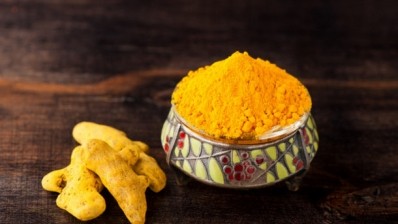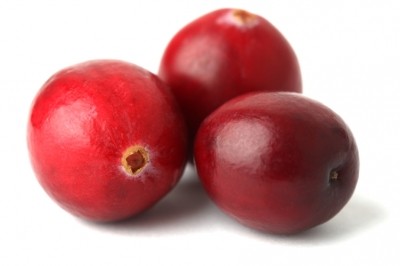Using national survey data, researchers examine Gingko biloba effects on the liver

The secondary study, conducted by researchers from the US Army Research Institute of Environmental medicine, Harvard Medical School, Oak Ridge Institute for Science and Education, and the Henry M. Jackson Foundation, reviewed survey results from the National Health and Nutrition Examination Survey (NHANES).
It was motivated by two recent studies on rodents, which suggested that high doses of Gingko biloba leaf extract may increase risk of liver and thyroid cancer.
“This study assessed the association between ginkgo consumption and liver function using NHANES 2001–2012 data,” the researchers wrote in their report, published in Regulatory Toxicology and Pharmacology.
“The primary objective of this study was, using NHANES 2001–2012 data, to determine if there is an association of consumption of commercial preparations containing extracts of Ginkgo biloba with alterations in clinical markers of liver function in U.S. adults.”
Building off of the two rodent studies, they hypothesized that consumption of gingko preparations typical of those consumed by the US population could alter markers of liver function in humans as well.
Methodology: Identifying and analysing gingko consumers
It is difficult to aggregate and evaluate adverse effects of dietary supplements, but the researchers argued that examining the results of NHANES from 2001 to 2012, which has data from 29,684 adult participants excluding pregnant women, may offer a glimpse of Gingko biloba’s effects on the liver.
The surveys included a dietary supplement questionnaire, which was administered in person during the survey’s household interview component, assessing use of vitamins, minerals, botanicals, and other dietary supplements over the past 30 days.
This section of the survey also included an interviewer examination of each dietary supplement container in the respondent’s home, to be recorded so that every reported dietary supplement could be matched into a dietary supplements database.
For this review, Ginkgo intake in milligrams from each ginkgo-containing commercial preparation used was calculated from the NHANES dietary supplement intake files that contained 42 different dietary supplement codes (different manufacturer forms and concentration levels). Ginkgo consumers were defined as those consuming any amount of a ginkgo preparation over the past 30 days.
Approximately 2.51% of NHANES respondents in the 11 year period were gingko consumers at a mean dose of 65 mg/day. The researchers estimated that more than 5 million adults were taking Gingko biloba preparations, though there was considerable variation in the labelled doses of preparations consumed.
Alcohol intake for comparison
As a benchmark of influencers on a liver’s function, the researchers used alcohol consumption—known to adversely affect liver function—as a comparison to Gingko biloba’s effects.
Alcohol and ginkgo extract intake of adult consumers and clinical markers of liver function (alkaline phosphatase, alanine aminotransferase, aspartate aminotransferase, gamma glutamyl transferase, lactate dehydrogenase, bilirubin) were examined.
Alcohol intake was calculated as average number of drinks (12 oz of beer, 5 oz of wine and/or 1.5 oz of liquor) per day over the last year using the NHANES 2001–2012 alcohol questionnaire and alcohol consumers were defined as those consuming any amount of alcohol, which was 65.7% of all respondents in the time period.
Results: Moderate intake of ginkgo did not alter liver function markers, but alcohol did
“The data presented in this study show moderate alcohol consumption alters many biomarkers of liver function, but the herbal dietary supplement Ginkgo biloba, in the formulations and doses typically consumed by adult Americans, does not affect the same enzymes,” they found.
Throughout the doses of gingko supplement intake, the researchers found no statistically significant dose-related trends in the activities of these enzymes. However, when the data was isolated by alcohol intake, there were significantly lower levels of alkaline phosphatase among male and female alcohol consumers.
Though the cross-sectional nature of NHANES is not designed to determine cause-effect relationships, the researchers argued that the survey’s data “can be used to examine potential adverse events of dietary supplements.”
Source: Regulatory Toxicology and Pharmacology
Published online ahead of print, http://dx.doi.org/10.1016/j.yrtph.2016.12.010
"Moderate doses of commercial preparations of Ginkgo biloba do not alter markers of liver function but moderate alcohol intake does: A new approach to identify and quantify biomarkers of ‘adverse effects’ of dietary supplements"
Authors: Harris R. Lieberman, et al.
















